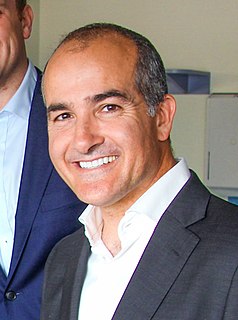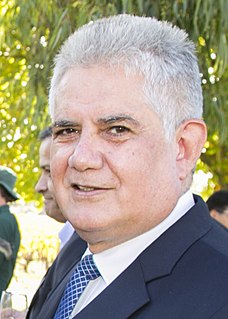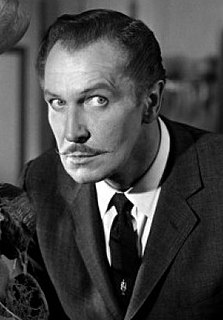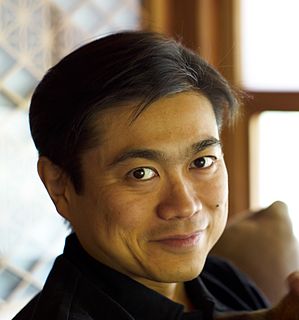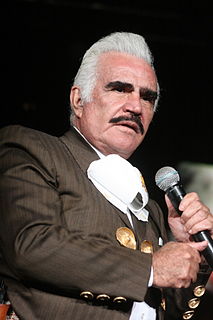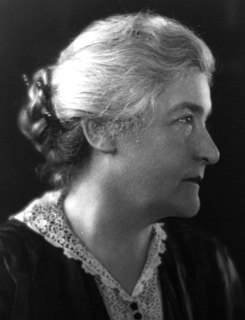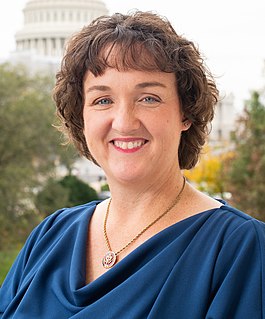A Quote by Andrew Adonis, Baron Adonis
Education for all up to 18, and lifelong learning beyond. That is a vision true to Ruskin - the man, the college, and the speech.
Related Quotes
Literary men now routinely tell their readers about their divorces. One literary man who reviews books wrote, in reviewing a study of Ruskin, that he had never read a book by Ruskin but that the study confirmed him in his belief that he didn't want to read a book by Ruskin. This man very often writes about his family life.
As a physician, we are taught that learning and education never stop - they are lifelong. I think education comes in various forms: formal, informal, and most importantly, experiential. All of this defines who we are and gives us if you will our abilities to function as leaders. I believe all of those pieces constitute formal education - it is invaluable to who we are and how well we perform.
These people in the establishment have been telling us they're the ones to fix everything and everything they've tried to fix, they've botched - TARP, the recession fix such as the stimulus bill. Look at the college - college education is an impediment because of how much it costs. A college education is no longer a step up.
I was never educated to be an actor. I went to a regular college. It was a great thing for me because I feel that the main thing to get out of college is a thirst for knowledge. College should teach you how to be curious. Most people think that college is the end of education, but it isn't. The ceremony of giving you the diploma is called commencement. And that means you are fit to commence learning because you have learned hot to learn.
Consequently, the only thing I learned in school was typing. In the old days, people like me who don't have college degrees had a hard time thriving in society. But today, the ability to learn on your own or from your peers has become really easy. I think this change is leading to a fundamental disruption in education. Independent and lifelong learning are really starting to peak - there is an inflection point coming around how people learn.
You've got to have a vision and an intention and that will guide what you do. I call it devotion. Ask yourself, "Is this not moving me toward where we need to be?" I believe that's helpful because a vision pulls you forward and it keeps you focused. A vision for the day, for the week, for the month and a lifelong vision - whatever works for you. And then you govern your activities and your behaviors accordingly.
Women while in college ought to have the broadest possible education. This college education should be the same as men's, not only because there is but one best education, but because men's and women's effectiveness and happiness and the welfare of the generation to come after them will be vastly increased if their college education has given them the same intellectual training and the same scholarly and moral ideals.


